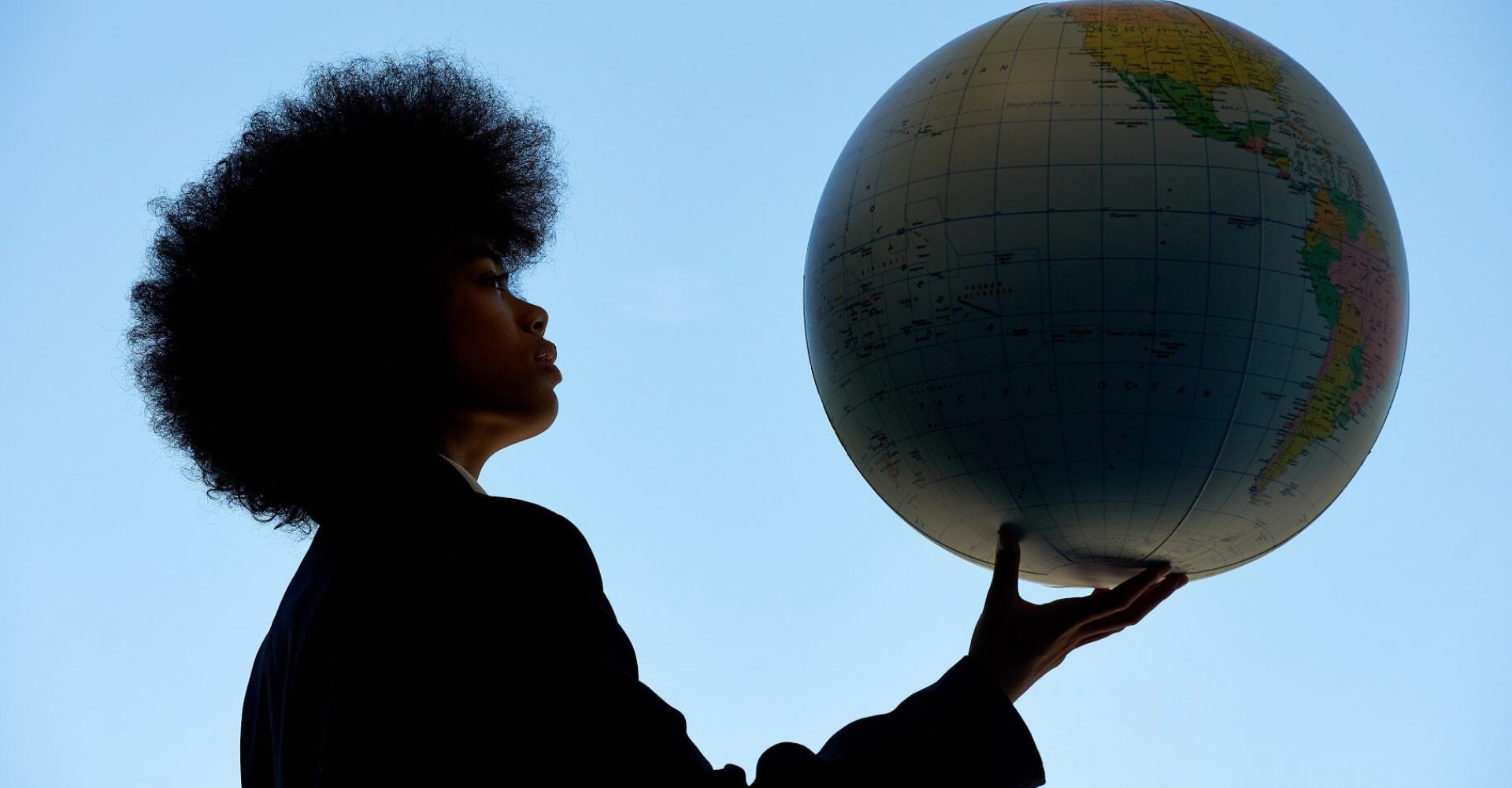
There is an increasing body of academic research into the treatment of Afro hair in schools and wider society.
World Afro Day considers this a key priority for creating greater awarenes of the colossal impact that centuries of hair discrimination, has had on people of African descent.
We hope that this will help School Leaders and teachers, become more informed about negative school attitudes and hair policies that are part of a much wider context of racial inequality.
Read the below and we would love to hear about what you learned.


The findings, published in the journal Social Psychological and Personality Science, offer empirical evidence that societal bias against natural Black hairstyles infiltrates the workplace and perpetuates race discrimination.

By Joseph-Salisbury, Remi.
This new report highlights the disparate impact school grooming policies that, on the surface, appear to be race-neutral, but in fact can discriminate against BME students. It draws attention to recent cases of Black students being excluded due to their hair not meeting school uniform requirements and notes that grooming policies are often shaped by racialised value judgements on what is ‘neat’, ‘tidy’ and ‘acceptable.’

The findings reveal that black and mixed-race children are under constant pressure to fit into a school and a society that doesn’t understand or value their Afro hair. School is the number one environment that has an influence on attitudes. 41% of children with Afro hair want to change their hair from curly to straight. The survey results show that 1 in 6 children are having a bad or very bad experience at school connected to their Afro-textured hair and identity.

Joseph-Salisbury and Connelly explore how Black hair has become a site of social control for policing and disciplining Black pupils in English schools. They argue that this form of social control has become part of a set of routines within English schools which perpetuate white supremacy. There work demonstrate that while school policies are generally thought of as race-neutral or ‘colorblind’, they (re)produce and normalise everyday manifestations of anti-Blackness.

Tate’s argues that Black natural hair is vulnerable to political, aesthetic, psychic, social and affective attack by the ideology, politics and practice of anti-Black institutional racism as it operates through school policies. She highlights the policies, practices and effects of discriminatory hair policies in the UK, the US and South Africa.

